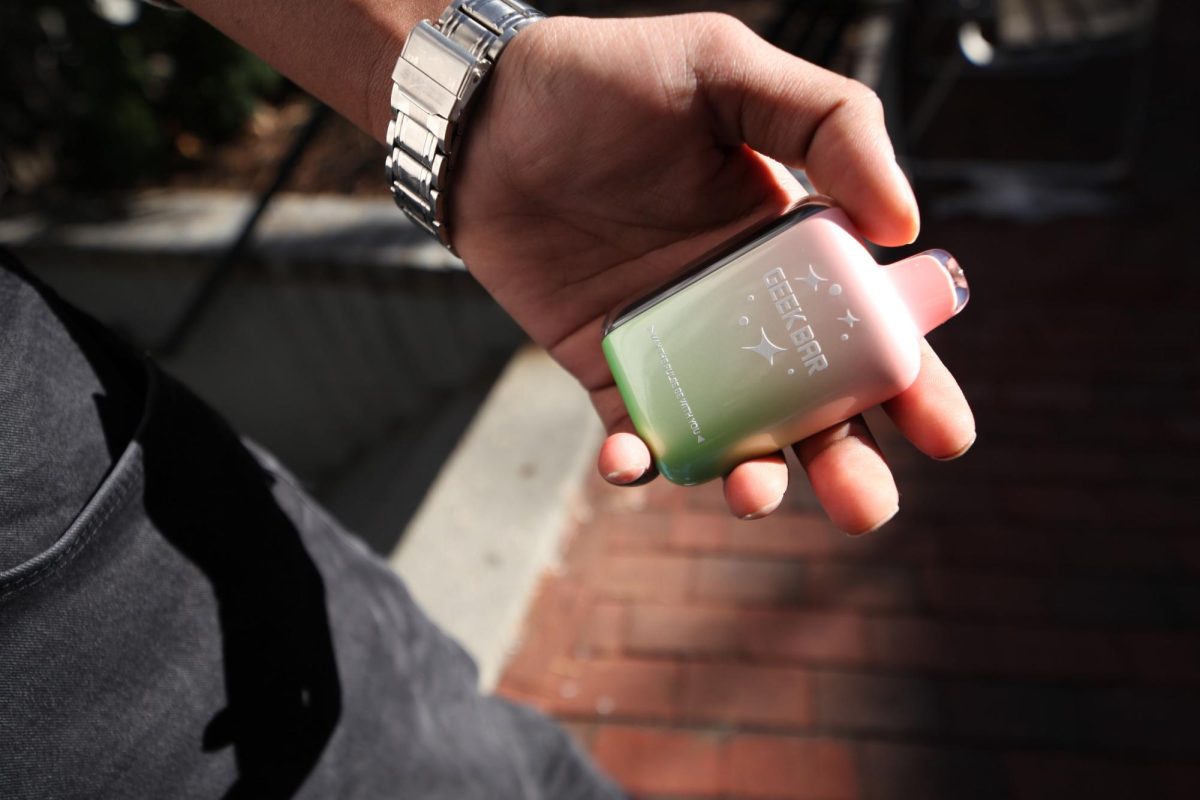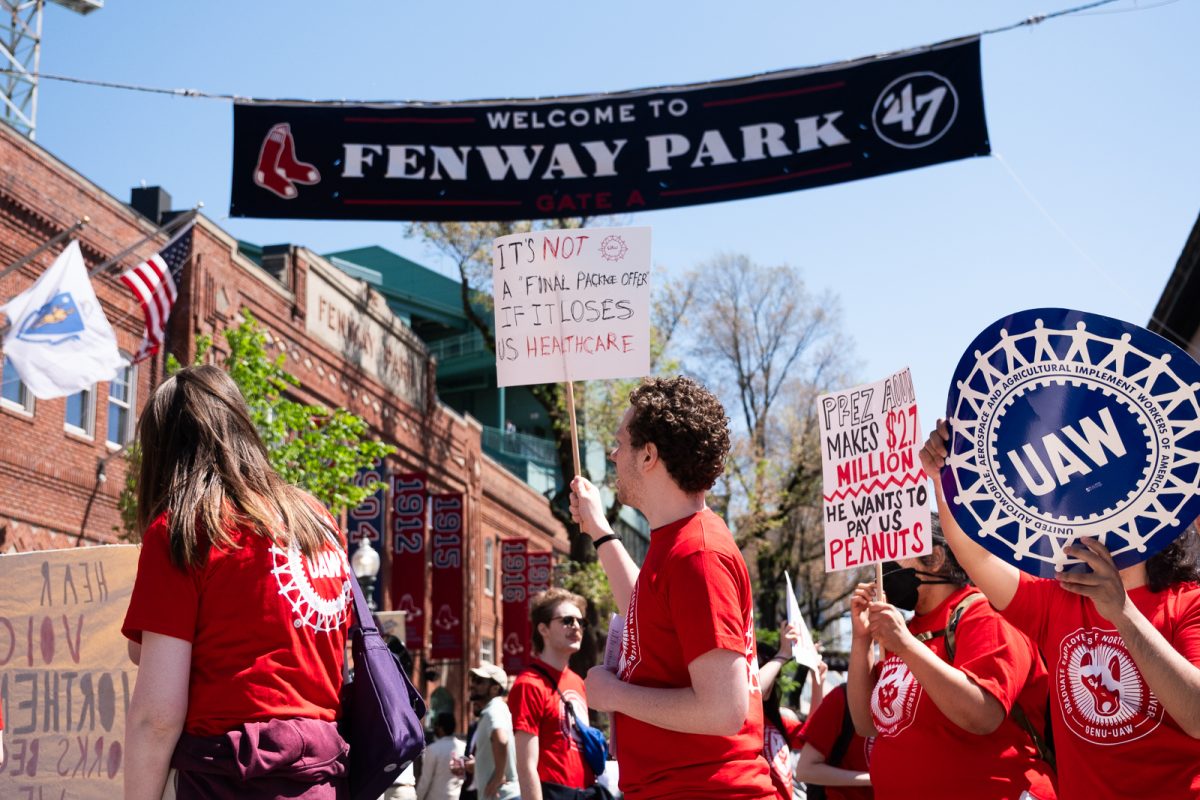Bread and Jams Self Advocacy Center operates out of the basement of the Swedenborg Chapel in Cambridge, a small stone church tucked between towers of Harvard classrooms and offices. The center’s unconventional approach to providing for the city’s homeless has created a sense of opportunity and promise expected more from the Ivy League students outside than the population of typical urban shelters.
Inside, Rich Hynes sits behind a desk covered in tattered phone books, city maps and piles of paperwork — most likely the forms of men who have heard about Bread and Jams’ services from fellow members of the homeless community. For the past year, Hynes has served as center director, providing clients with meals and rest as well as access to personal voicemail boxes and counseling.
“We are a community-type group,” Hynes said. “You don’t necessarily have to be homeless to be here, we are just trying to put a little dignity back into people’s lives.”
Though the center does open as an emergency overnight shelter during periods of particularly harsh cold, it does not provide the constant housing option offered by most shelters. Instead, the Self Advocacy Center affords homeless clients with the tools and resources necessary to get back on their feet — along with an important sense of community.
“A lot of the volunteers were once on the streets themselves,” said Sarah Puccio, a freshman human resources major who began volunteering at the center this year. “That approach really sets Bread and Jams apart. The [homeless clients] there don’t take advantage of someone who knows where they’re coming from and wants to help them.”
Volunteers like Hynes and Puccio offer help in filling out government forms, applying for federally subsidized housing and getting referrals for appropriate counseling centers. Beyond these services, both stress the importance of maintaining a sense of dignity and humanity when working with the homeless. This includes eliminating the long-standing misconceptions many people may have of the homeless population.
“These people are not just uneducated, abused and racially oppressed — there are college grads and people who have held jobs in corporate America for years,” Puccio said. “It’s a hard realization that having a college degree and goals doesn’t guarantee anything.”
The popular misconception of the homeless as lazy or apathetic is one that Bread and Jams hopes to dispel. According to The Friends of Boston Homeless, around half of Boston’s 6,200 homeless adults are employed, but cannot find affordable housing. “A lot of people think they’ll always be able to do something — even a cashier at Blockbuster. Unfortunately, sometimes ‘something’ just isn’t enough to sustain yourself,” Puccio said.
The atmosphere in the center’s main room, though, shows little evidence of the frustration caused by the problems the clients face.
The sense of community that Hynes speaks of is instantly apparent. Several men sit in a group chatting on a front stoop; others mill around a table covered in a hodgepodge of lunch offerings — dishes of canned corn, store-bought coffee cakes and a tossed salad. A volunteer sweeps remnants of the meal off the linoleum floors, carefully avoiding several people who sleep wrapped in blankets next to overflowing bags of belongings.
The yellow walls are scattered with occasional decor — an old white Japanese print, a child-like painting of kittens, a large chalkboard covered in colorful illustrations and reminders. The decorum may be a far cry from that of Harvard’s Graduate School of Design, just next door, but here it is entirely appropriate.
“My brain is more tired after one day at the center than after an entire week of classes,” said Puccio, who feels she has gained more from her experience with the community at Bread and Jams than she would have at a typical shelter.
She describes the clients as everyone from “the brilliant homeless man that they write movies about” to the free-spirited nomad who “came to Boston because a certain song came into his head.”
Though many don’t speak at all, they show their gratitude by gravitation around Hynes. While the percentage of clients that actually do get their lives completely together is low, Hynes said there are several who turn their lives around. Many more have gotten into assisted living centers or found jobs that wouldn’t have been available without the center.
Like many nonprofit organizations, Bread and Jams is always in dire need of volunteers and contributions. A shortage of shoes and clothing in large sizes and the lack of volunteers for monitoring the program’s technology center are among this month’s problems.
“What I’ve learned is that anyone can wind up here,” Hynes said. “If you help us now, it can help you some day.”
He encourages people to get involved while they are still young, energetic and concerned — making college-aged volunteers a sought-after demographic in the field of human services.
For Puccio, time spent at the Self Advocacy Center has proved equally valuable for her and the clients — putting life at Northeastern in perspective.
“Being around these people has made me start to look at things differently,” she said. “It’s not as easy to complain about freshman housing — the cafeteria may be cold, but I don’t have to sleep on everything I own to keep it from getting stolen.”
function openSlideShow1336(){window.open(slideshowpath + 1336,’selectUser’,config=’scrollbars=No,resizable=Yes’);}Cambridge Shelter Photo Gallery









